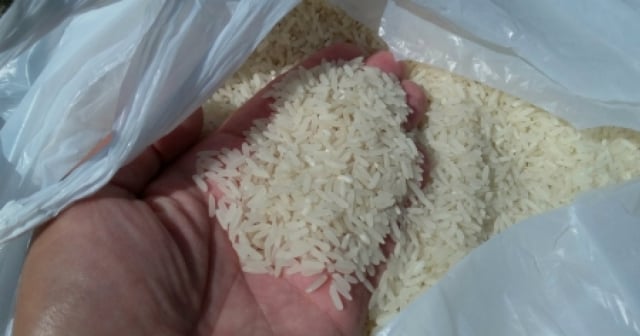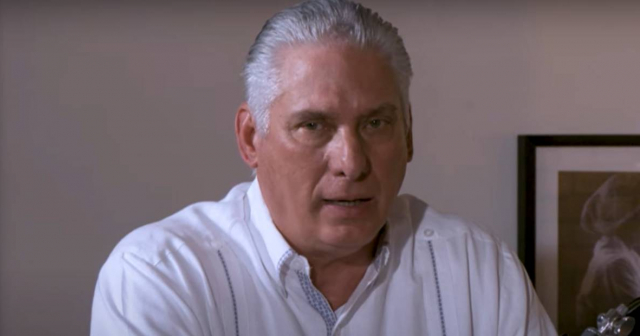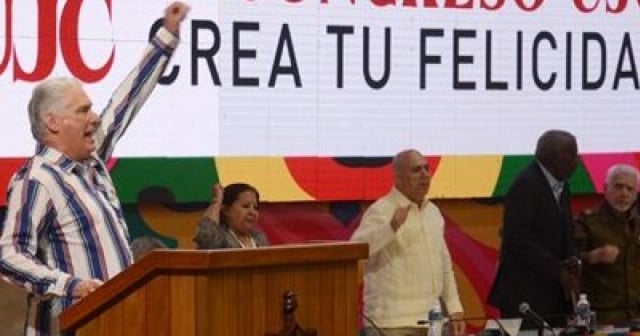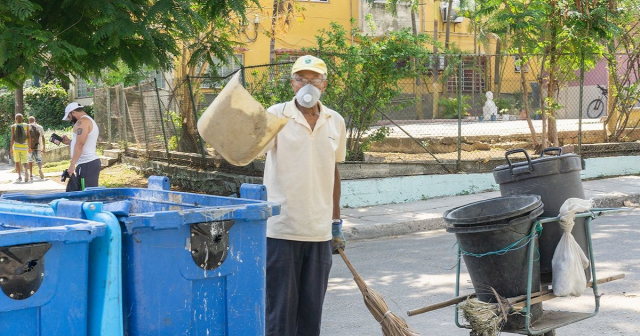The Russian oligarchIgor Sechin, Executive Director of the Russian oil company Rosneft, was received this Saturday by the Cuban leaderMiguel Diaz-Canel, who waited for him at the doors of the Palace of the Revolution with explicit displays of affection and gratitude.
“Dear friend, how are you? Thank you for coming,” said the first secretary of the Communist Party of Cuba at the palace doors, flanking the path of the nearby comrade ofVladimir Putin, known among diplomats stationed in Moscow as “the éminence grise of the Kremlin.”
After the meeting with Sechin in NovemberDuring his international tour that included Russia, the ruler appointed by Raúl Castro once again shakes the hand of the energy sector magnate, with whom – according to the Cuban official press – “issues alluding to relations of mutual collaboration” were discussed.
“First of all, I would like to convey our President's best wishes to you,” Sechin told Díaz-Canel, according toGranma. “Upon my return, I will surely convey the results of our conversations to you,” the oligarch assured him. Neither this media nor any of those subordinate to the power of the totalitarian regime informed the Cubans what the substantial issues discussed in the conversations were.
However, given this and other signs of therelationship between Cuba and Russia, there are many analysts and activists from independent civil society who point to the danger of Russian capital penetrating the island,the advice of its experts for an economic “opening”, and an even greater loss of sovereignty.
Anna Teresa Gonzalez, First Deputy Minister of Foreign Trade and Foreign Investment, was present at the meeting along with the First Deputy Minister of Foreign Affairs,Gerardo Penalver, and the deputy prime ministerRicardo Cabrisas.
From Havana, Sechin headed towards Venezuela to participate in the tributes paid by the Chavista regime to its founder,died ten years ago between the Cuban capital and Caracas.
The oligarch, 61, has long been considered Putin's unofficial second-in-command. Sechin's unwavering loyalty to Putin over the past two decades has made him extremely wealthy. According toForbes, it is difficult to know precisely the size of his fortune, as it is almost as opaque as Putin's, with no paper trail beyond his shares in publicly traded Rosneft.
Even so, the publication estimates that this amounts to about 800 million dollars. European Union sanctions following Russia's invasion of Ukraine and the seizure of two yachts valued at more than $600 million could have left Sechin in dry dock.
In March 2020, the state-owned company Rosneft, the most powerful oil corporation in Russia,announced the cessation of all its operations in Venezuela and the liquidation of assets related to operations in the South American territory.
The decision was linked totightening of financial restrictions on Venezuela on the part of thetrump administration, which placed a subsidiary of the Russian oil company Rosneft on the blacklist, arguing that it acted as a lifeline for the dictatorNicolas Maduro.
In December 2017,The youngest of the Castros received Sechin in Havana. In May of that year, Rosneft sent 250,000 tons of oil and diesel fuel (about two million barrels) to the island, under a contract with the Cubametales company, tofill the void left by Venezuela.
Shipments of Russian oil and its derivatives to Cuba resumed after, at the end of 2016, Castro asked Putin to ensure supplies to the island, given the reduction in shipments from Venezuela, due to the economic crisis in the country. South American. The agreement signed was estimated to be worth approximately $100 million.
At the end of 2019 it was known that Rosneft and the also state-owned company, Zarubezhneft, were working on projects aimed atimprove the efficiency of “mature oil fields” in Cuba, and they were studying the possibility of jointly developing the so-called “Block 37” of the Cuban platform.
In particular, Zarubezhneft and theUnion Cuba Oil (CUP) They worked on a joint project in the Boca de Jaruco field, which would allow up to 3.7 billion tons of heavy Cuban crude oil to be obtained on the Island.
What do you think?
SEE COMMENTS (1)Filed in:






